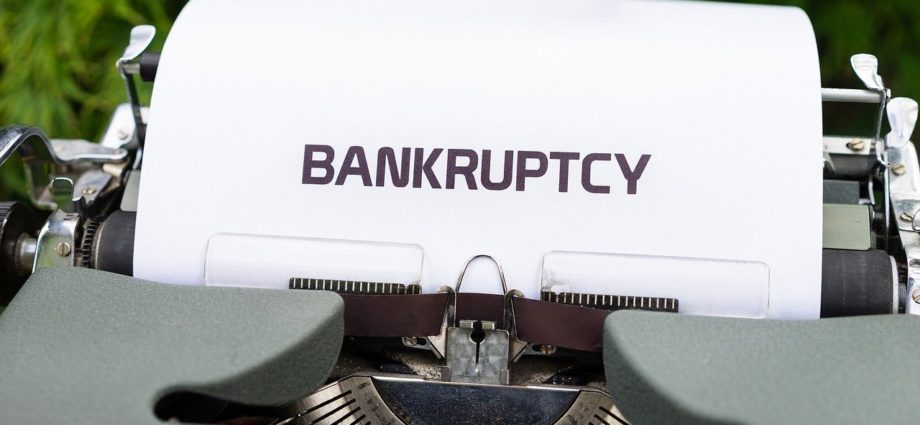Filing for bankruptcy is not a way to avoid paying missing child support payments as these debts are not dischargeable under current bankruptcy law. The bankruptcy courts take child support seriously, and as such, neither Chapter 7 nor Chapter 13 bankruptcy eliminates the demand to pay back what is owed. Understanding the protections that are and are not available will help a debtor with back child support concerns choose the right form of bankruptcy protection.
Child Support and Chapter 7 Bankruptcy
When a person files Chapter 7 bankruptcy, he or she receives an automatic stay on creditors. This means the creditors cannot continue debt collection actions. However, some things are exempt from this protection. Child support payments are one such thing.
Child support payments are not part of a bankruptcy estate. If a person is filing for bankruptcy and is behind on child support payments, future earnings are still at risk. The child support creditors can garnish wages in the future, even after filing for bankruptcy.
Under Chapter 7 bankruptcy, many debts are discharged. Child support is considered a priority debt, which means it is nondischargeable in bankruptcy. People who owe child support will still have to pay it, even after filing for Chapter 7, and this includes any missed payments.
Child Support in Chapter 13 Bankruptcy
Chapter 13 bankruptcy is the repayment type of bankruptcy. This means it does not eliminate all debts, but it provides the debtor with some time to get caught up on those debts. Child support is treated as a priority debt, which means it is paid first in the repayment plan.
Under the repayment plan, debts are reorganized so that each can be repaid over time. Child support is put into the reorganization just like other types of debts. Most debts, but not child support, receive an automatic stay to stop creditor calls and actions. Sometimes the amount paid to unsecured creditors, such as credit card companies, is lessened in the repayment plan. This can make it easier to pay back the missing child support payments.
Chapter 13 has one benefit over Chapter 7 when it comes to child support payments. Under Chapter 13 bankruptcy, child support debt places earnings as property of the bankruptcy estate. This means the creditor, including child support creditors, must go to the courts to initiate action to collect on future earnings. As long as the debtor makes timely payments through the Chapter 13 repayment plan, he or she can avoid the frustration of wage garnishment to pay back child support obligations.
At the end of Chapter 13, debtors can discharge remaining unsecured debts, provided the debtor kept up with repayment plan obligations. However, this requires that all child support payments are current, and missed payments are paid off.
Continued Child Support Payments Required with Both Types
Whether a debtor chooses to file Chapter 7 or Chapter 13, he or she must continue to pay ongoing child support payments. The bankruptcy protections available only apply to missed payments from the past. Failing to pay current child support obligations will cause the courts to lift any protections, putting future wages at risk.
